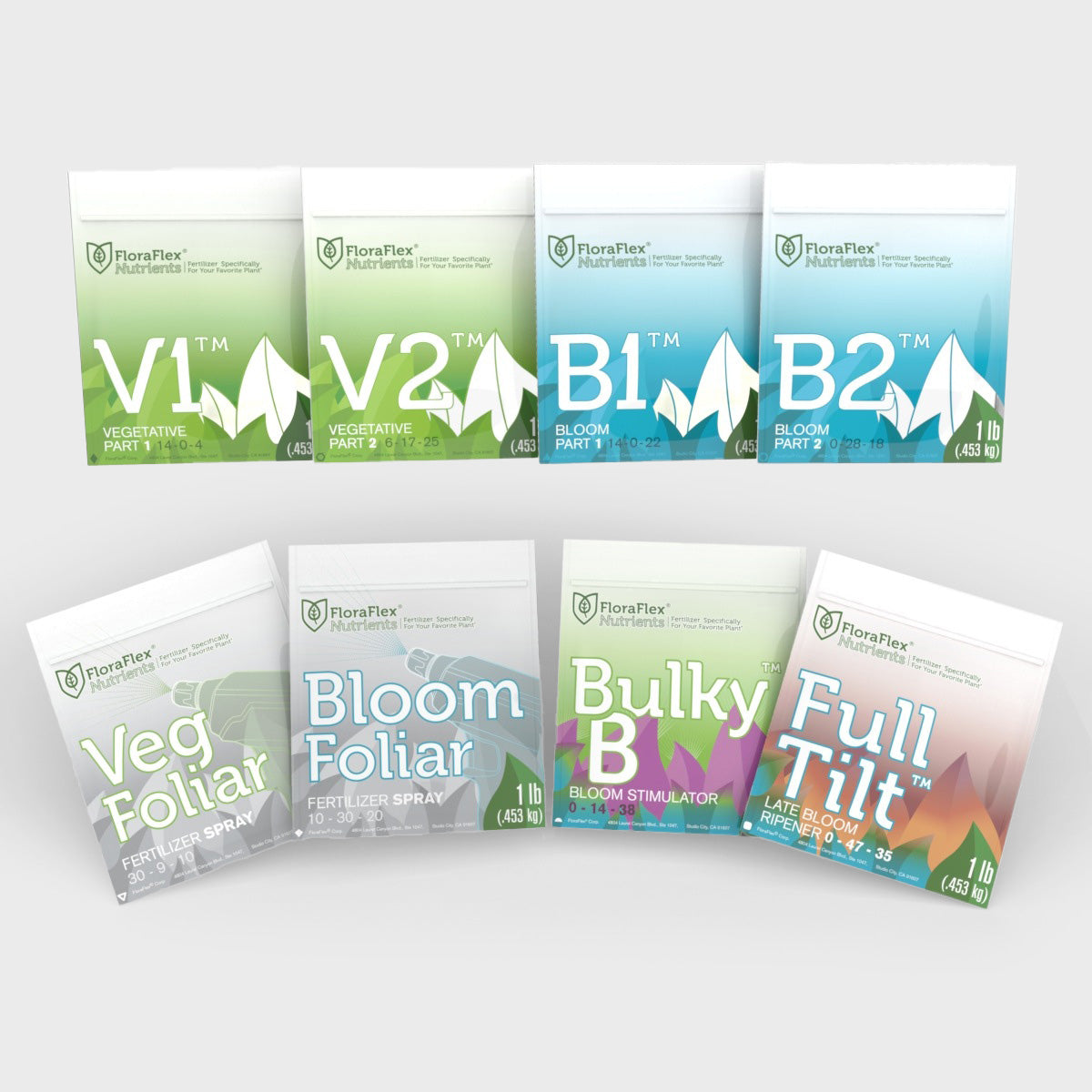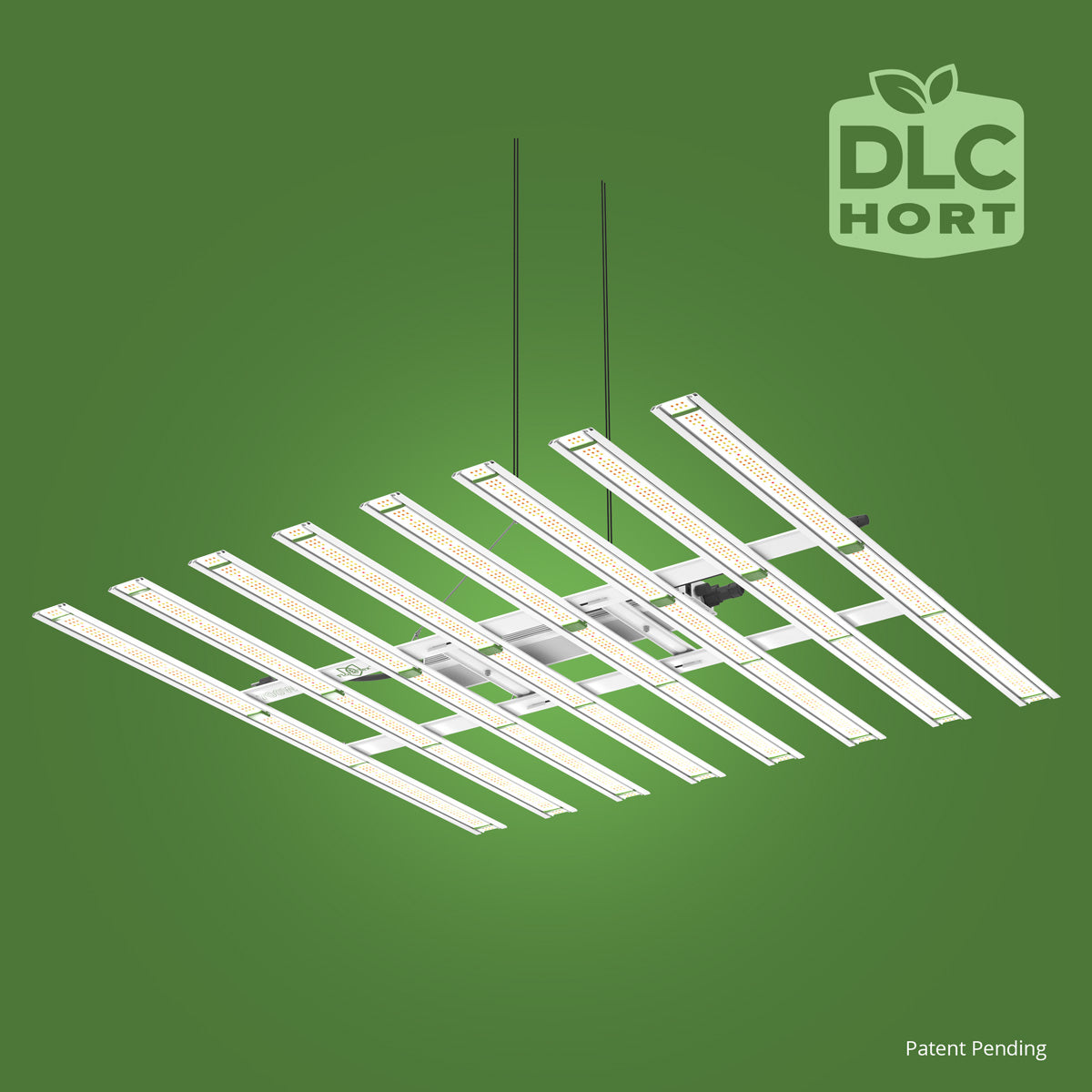Transforming your home into a vibrant indoor garden is a rewarding endeavor that ensures fresh herbs, vegetables, and plants are at your fingertips all year round. A crucial component to successful indoor gardening is the installation of LED grow lights. In this detailed guide, we'll walk you through the process of setting up LED grow lights easily and effectively.
Why Choose LED Grow Lights?
LED grow lights are energy-efficient and provide a full spectrum of light that mimics natural sunlight. They're designed to give your plants the optimal lighting they need to thrive indoors. For the best results, investing in high-quality LED grow lights is essential.
We recommend the Patent Pending 400W Full Spectrum LED Grow Light with Custom Diodes or if you have a larger growing area, the Patent Pending 900W Full Spectrum LED Grow Light with Custom Diodes. These premium lights are designed to provide high-quality, full-spectrum light ideal for all stages of plant growth.
Essential Equipment for Installation
Before beginning your installation, make sure you have the following items:
- LED Grow Lights (choose between the 400W or 900W models based on your space)
- A stable support structure or grow light frame
- Proper wiring and a reliable power source
- An optional timer for automated light control
- A 120V LED Power Cord - 10FT
Step-by-Step Installation Guide
Determine the Location
Choose a convenient location that can accommodate your plant setup and allows for continuous light exposure. Consider the proximity to an electrical outlet.
Set Up the Support Structure
Assemble your grow light frame or designate a support structure where the lights will be mounted. Ensure it can hold the weight of the LED fixtures.
Install the LED Grow Lights
Attach the LED grow lights securely to the support structure. The light should be positioned directly above the plants to ensure even distribution.
Connect the Power Cord
Use the 120V LED Power Cord | 10FT to connect your lights to the power supply. Ensure all connections are tight and secure for safety and efficiency.
Adjust Light Height and Intensity
Different plants require varying light intensities. Adjust the height of the light accordingly, keeping it closer to seedlings and adjusting as plants grow.
Set Up the Timer
Use a timer to automate the light cycle, mimicking natural daylight patterns. Most plants require 12-16 hours of light per day, although this can vary.
Monitor and Maintain
Regularly check on your setup to ensure the lights are functioning correctly. Adjust light heights and durations as needed based on plant growth and health.
Conclusion
Installing LED grow lights in your home can radically enhance your indoor gardening experience, providing the necessary conditions for your plants to flourish. By following this guide, you'll create an efficient and nurturing environment that supports healthy plant growth.
For more lighting options and gardening supplies, visit FloraFlex.
Happy growing!









